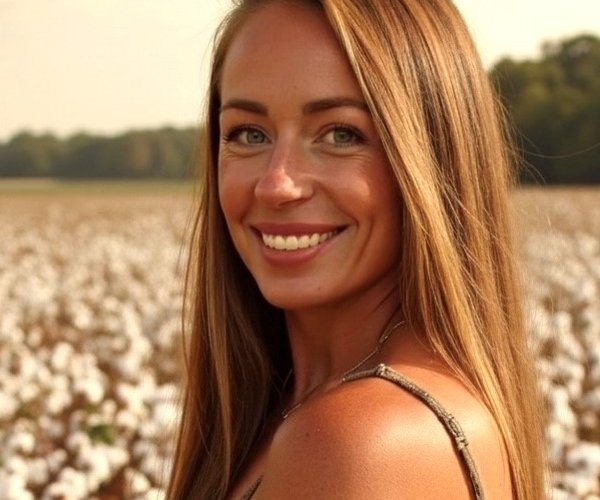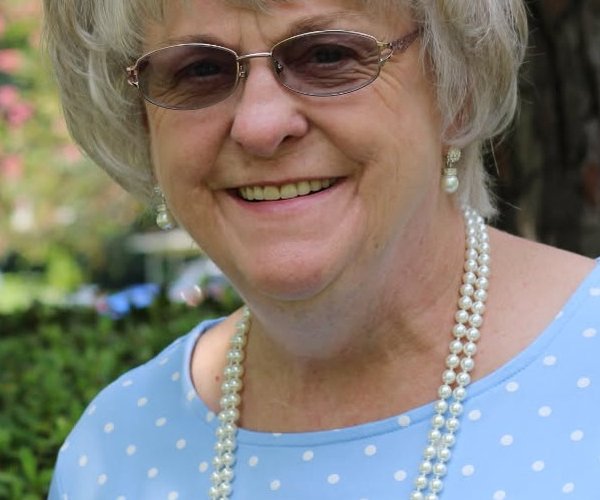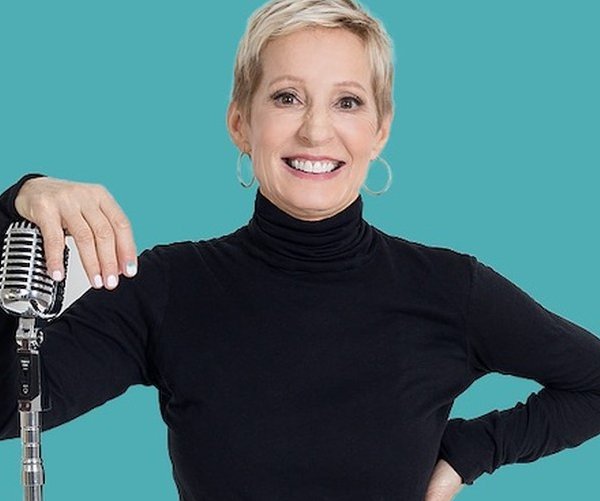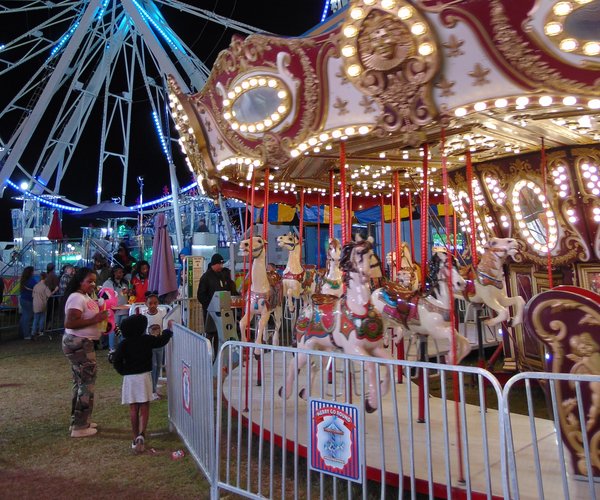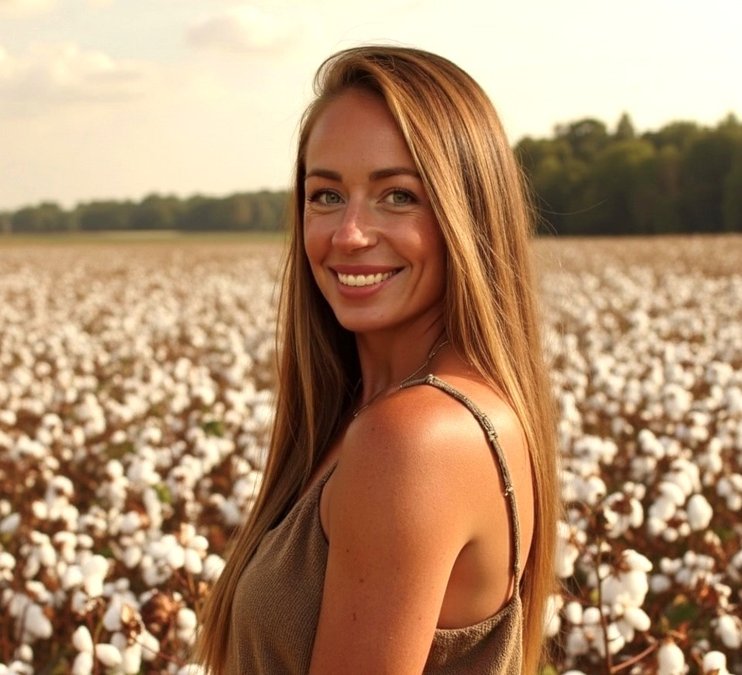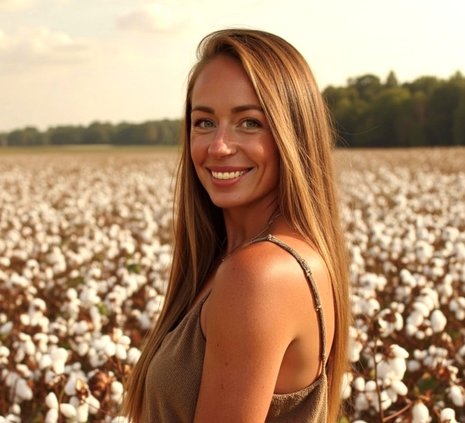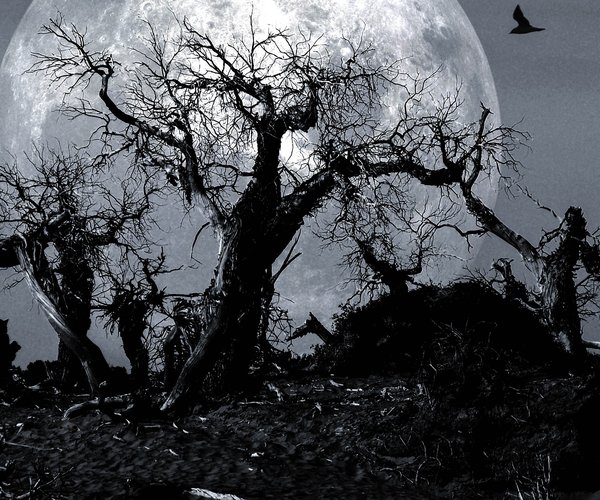No one, regardless of how old we are, likes to be an orphan. It feels oddly like a ship that has been securely moored in a harbor but then is set free to drift without anchor. There is even a point when you feel you are without rudder.
We accept it as a passage of life and tend to look upon it as a mantle of age as parents grow old and die. Since we know that the very young are sometimes orphaned, we tend to save our pity for them but losing the ones who raised you is hard at any age.
No one likes it. I know that much is true. It is, as daddy was oft to say about an undeniable truth, the law and the gospel.
“What,” asked a woman of me who was 80 and stood over the casket of her 96-year-old mother, “Am I gonna do without Mama?”
It doesn’t set well with me even now years after the loss of my last remaining parent who disappeared as a vapor into the heavens. I don’t like being an orphan. These days, particularly, I yearn for their counsel and commonsensical insights into a world that is spinning quickly into something that I cannot recognize or understand. I need Daddy, who was my rudder, and Mama who was my anchor.
It is, perhaps, my disdain of being an orphan and missing the wisdom and stories of my parents that I have taken up with my father-in-law as I have, the man I always, to the amusement of many, call by both of his names.
“Hello Grant Tinker!” I will call out cheerfully either in person when we walk into the house or talk on the phone. I even write notes to him that begin, “Dear Grant Tinker.” In person, I always see the twinkle it teases from his eyes while I hear it in his voice when my greetings coax a smile from his voice.
The other day on the phone, he chuckled lightly. “You always call me by both names. I don’t know why you do that.” Sometimes, he is both bemused and amused by it.
“Because it’s such a lyrical name,” I replied happily.
Bless him. I realize it could be an annoyance to him but he accepts it with humor and sweetness. I remember the day that I knew it would be all right to call him by both names as I do even in the midst of conversation such as, “Well, Grant Tinker, it’s like this.” After a long visit, we were leaving his house and Tink turned the car around which had us drive back by the front door where he stood, as a good host, to watch until we had driven up the steep drive and out of the wrought iron gates. As we drove past, I waved and called out the window, “Good-bye Grant Tinker! We love you!”
He threw back his head, filled with an abundance of beautiful silver strands, and laughed merrily. Chuckling still, he waved until we could see him no more. I shall hold that memory always because of the beauty, light and kindness it gave to this orphan.
He is around the same age that my parents would be and he has seen the evolution of America that began with the Great Depression, slipped into World War II then recovered to become a strong country industrially. He remembers when radio was young and when black and white television was born. His experiences are vast and his stories many. Sometimes, he and I will set off into a storm of conversation while Tink sits quietly and listens, smiling proudly at the rapport between two of the most important people in his life.
I am grateful he is willing to share his father with me. It helps to make me feel less like an orphan.
Ronda Rich is the best-selling author of “There’s A Better Day A-Comin’.” Visit www.rondarich.com to sign up for her free weekly newsletter.


